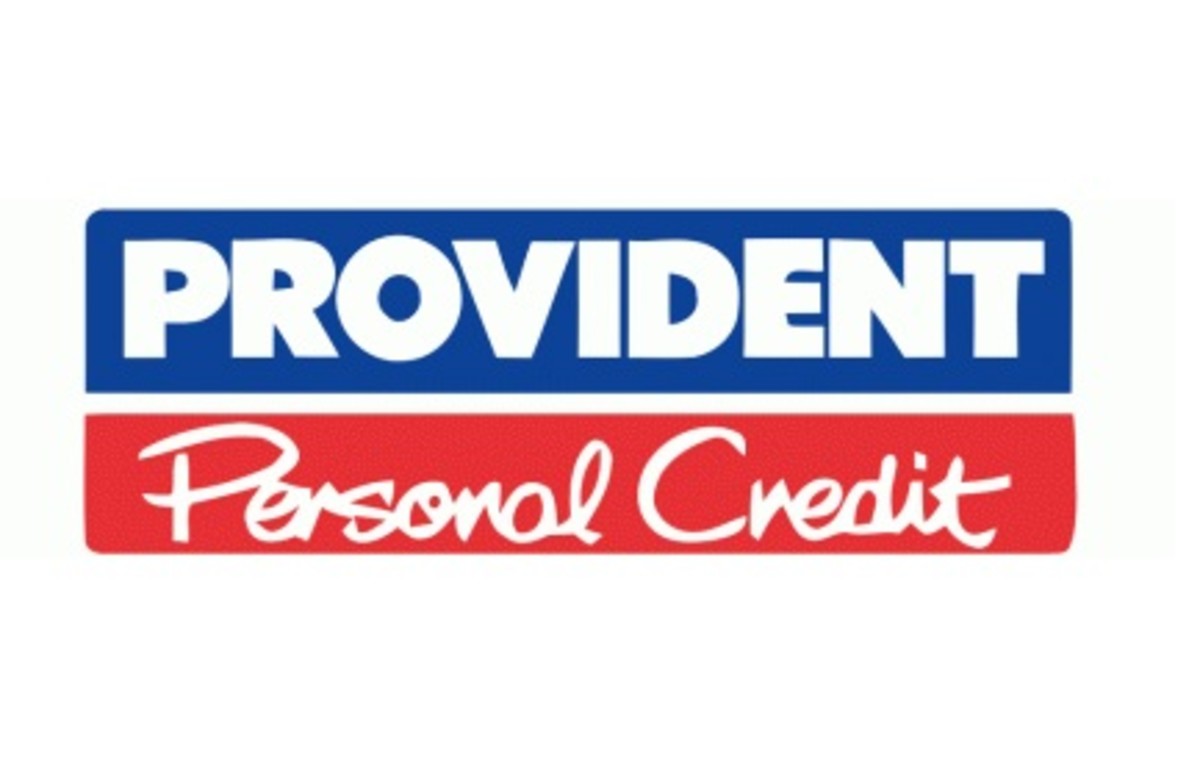Mortgage Professional
Qualification of a Mortgage Professional
Having worked many years in the industry and worked within many departments and positions I am going to give you the standards for a Mortgage Professional. I will give "some" of what they should know, and the answers that they should be able to give you, the customer.
My definition of a professional is based upon what the requirements are for a person who holds the title of Loan Officer, Account Executive, or anyone who takes your mortgage loan application.
Mortgage Professional

Experience Level of a Loan Officer
Qualifications
A mortgage professional who takes your loan application now must have a state license for the states in which they may originate mortgage loans.
They must be familiar with the loan application themselves and know how to explain to the applicant what is needed, and why.
Usually loan officers must have some experience in lending to consumers of some type.
They must understand credit guidelines.
They must understand Equal Credit Opportunity Act (ECOA) laws and government monitoring of all loan application taken.
They must understand the new Truth-in-Lending laws, regarding maximum amount of fees, origination fees, appraisal frees, and who can pay these amounts and who cannot. Loan products have different guidelines regarding fees.
They must understand the disclosure that must be presented to the applicant within (3) business days of application.
They must understand all mortgage product loans and know what to offer you for your credit evaluation. Meaning Conventional Loan, FHA Loan, VA Loan, USDA Loan, or other products the lender can offer.
They must know how to evaluate your credit report.
They must know how to figure your income either as: bi-weekly, bi-monthly or monthly.
They must understand the entire loan process from origination to closing.
Some originators in the past have taken applications and probably still do; then pass it on to a loan processor. This person processes the loan, with questions back and forth from the loan officer or person who took the application. The latter person is responsible for answering these questions as this is their client. They will receive a commission on this loan.

The Initial Documentation You Will Receive
(1) GFE- Good Faith Estimate: this form gives you the cost of the loan. It should include all fees including the Attorney/Closing Agent fees and all filing fees. This form has just been revised by RESPA and new guidelines exist and the fees should be well within close proximity to the final HUD1 Settlement Statement at closing.
(2) TIL (Initial Truth-In-Lending form): this form will provide an estimate of the cost of the mortgage loan over the life of the loan with an estimated interest rate and an APR, (Annual Percentage Rate). It will include the amount financed, the financing charges and the total amount to be paid over the term of the loan. The APR will usually be different than the interest rate as it may includes the allowable closing that can be added if the borrower pays this cost.**This form also will let you know if you have or may have a prepayment penalty.
(3) Servicing Disclosure: This is a form that will tell you if the Lender will service your loan or if they will sell the servicing to another Lender.
There are other disclosure that you will sign and date. These are three disclosures you should have a copy of.
They Will Help You Buy Your Home

Summary of Loan Officer's Roll
The Loan Officer will collect certain fees from you and should be capable of explaining any terms of any type of mortgage loan he/she is offering you. He/she should be able to explain an ARM (Adjustable Rate Mortgage), the loan parameters of the ARM, how the rate and payments will adjust with the % of adjustments at each period. They should give you an ARM disclosure to sign and a copy to keep.
The Loan Officer should be able to explain all the fees which are on the GFE and why they are charged. He/she should be capable of explaining any amortization term. The interest rate, the discount points etc. Actually a discount is normally paid to lower an interest rate by the borrower. Some Brokers use that space on the GFE to charge an additional fee, but you should know to ask what each fee is for and it should be explained to you.
Most Mortgage Professionals have access to the investor Underwriting Systems which has information input into them and it will spit out the terms of which the loan can be approved. Any documentation which is request from you should be explained by the Professional and why it is being requested. For instance, if you have child support or alimony, they may ask for a divorce decree.
A Mortgage Professional has a duty to you, the customer and is held accountable to give you the best possible deal and one that meets your need and financial position. Not the one that pays them the most commission. It is imperative that they have creditability and they are bound by a code of ethics which designates they provide professional integrity in all facets of mortgage lending and give advise that is not for profit but for sound lending practices.
Credit Evaluation Is Paramount

Mortgage Loan Officer Minimum Requirements
The reason I have written this article is because during the time before the mortgage meltdown, there were a lot of broker offices and companies that hired inexperienced people.
Some did not know how to take an application but the income was good and they might have had sales experience. To me sales experience in selling cars (example only) is far different than having the sales experience and the knowledge that come with making mortgage loans.
The Mortgage Professional has to know what it takes to qualify for a mortgage loan:
- What the credit requirement are.
- How to figure income, view pay-stubs, tax returns and business returns.
- How to review credit.
- How to review an appraisal report.
- What documentation is need, plus many other aspects of the loan transaction, and
- He/she must be able to express that to you the customer.
Please do not misinterpret my assessment. There is no way for anyone to remember every detail of every mortgage loan product without viewing the guidelines. Mortgage lending is very detailed and has many products, and policies.
These professionals are very busy people, there are many, many guidelines, regulations, policies and procedures. There are many aspects of these requirements that have to be followed.
While having the ability to help you understand lending practices; it might not be that uncommon in some instances for the loan office to need help in giving you the entire concept of what you need. They should be able to help you with your questions or get back to you if it is something they are uncertain about.
If you ask a lot of questions and they cannot answer any of them, you may need to seek another lender or mortgage professional.








